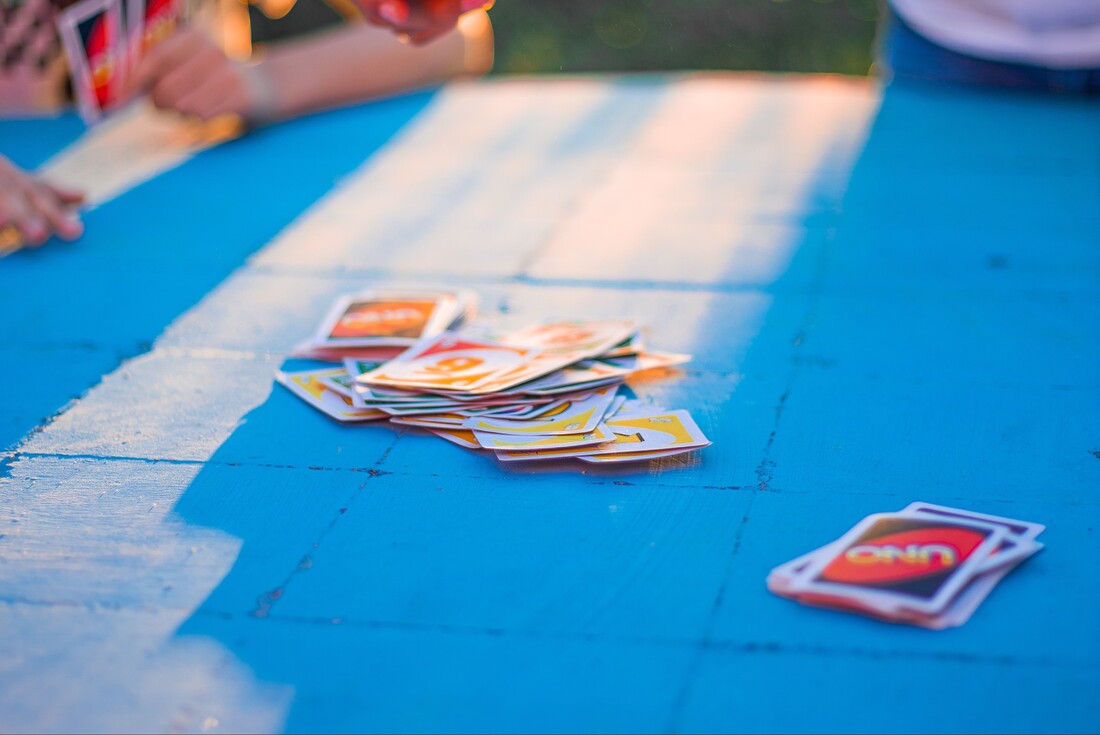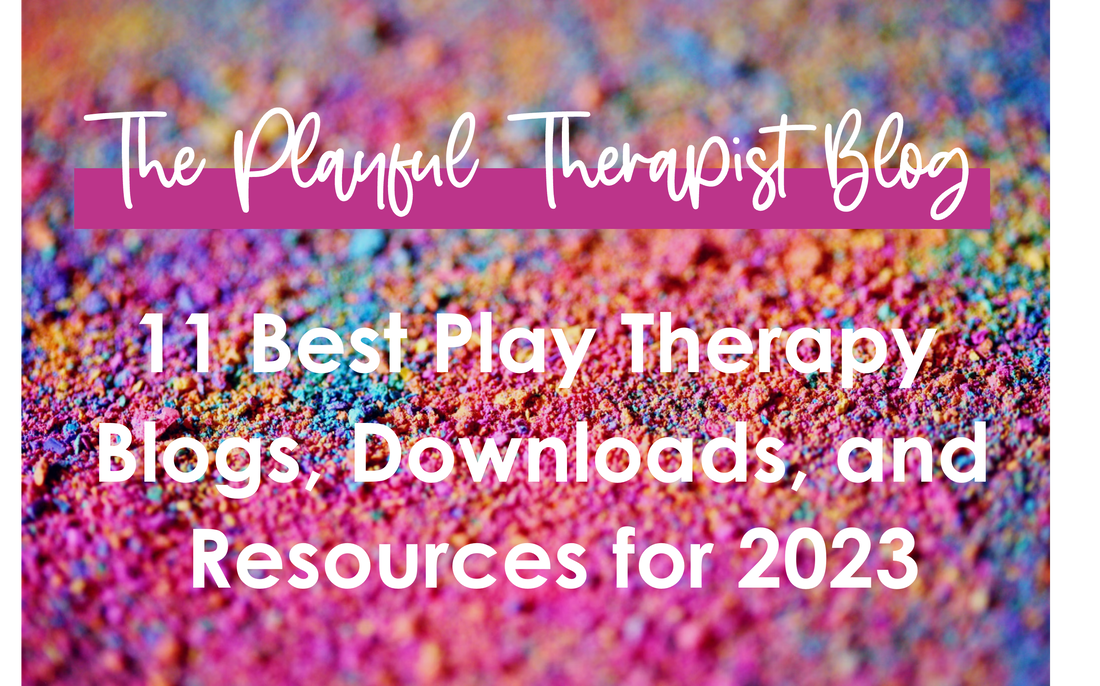Four Things Teens Are Actually Saying About Their Parents In Play Therapy And What To Do Next2/14/2024
Therapy is a safe space where teens can talk about anything.
The things that make them frustrated, that new guy that ghosted them, their friend that is totally being a jerk, the teacher that ALWAYS gives pop quizzes and yes even parents! And I have had my share of parents that feel all sorts of ways about what their teen may or may not say about them in my office. And this fear? I totally get it!
0 Comments
How often do you work with teens that are less than motivated?
Things in their everyday life seem monotonous and in some ways that’s really true! Same routine, same school day, same homework. And for teens and tweens it is easy to feel stuck. Like it’s going to be the same thing day after day with no end in sight. Why try?
Teens love novelty. The newest Meme, song, or the newest pair of Chuck Taylors.
AND this is why it can sometimes feel like doing backflips to engage teens and tweens in play therapy. The collage activity they LOVED last week is so boring this week. So what does this mean?
It’s about time for an upgrade!!!
Waaay back in 2019 I put my very first free download into the universe! What was it? Yup - the original RPT™ Credential Tracking Guide!
Today I am talking all about email and this 30 second hack that will allow you to keep consistent time boundaries with families.
So real talk? Some mornings I get into the office before 7am. Yup, two days a week my first client of the day is a bright-and-early 7am time spot.
Keeping up with the legislature sounds pretty intimidating.
I am going to assume that you have some experience combing through and understanding dense material like the 1,837 journal articles you needed to read (skim?) through in graduate school. But the legislature can be next level. Understanding and interpreting laws and requirements can be daunting. AND it is also necessary.
When you are a therapist it turns out that there are a lot of lenses to consider with your documentation.
Just some of these? The client, their parents or guardian, insurance companies (if you take insurance), HIPAA, and of course your state laws and statutes. Wheeww….. 2023 has been a productive year over at The Playful Therapist Blog! Here are the stats:
Wheeeww. 😅
Buckle up because we are about to do a deep dive into all things documentation resources! I wanted to house all of my best-of-the-best free resources, guides, downloads, tips, cheat sheets, and mini-master classes all in one place.
If you struggle with notes and documentation - this one's for you! AND make sure you share this with any other play therapists, office neighbors, or virtual pals that might need this resource list too! It's Never A Quick Phone Call: 4 Strategies to Set Time Boundaries With Parent Phone Calls12/6/2023
How often have you clicked into your inbox and opened up some variation of this email:
Hey Ann, I wanted to check in before our next session. I don't want to take up too much time during the appointment. I was hoping you could find some time for a quick phone call before tomorrow. Thanks! |
Hi, there!I'm Ann Meehan, an LPCC, Loading... Archives
April 2024
Categories
All
|
Privacy Policies | Terms of Use | Disclaimer
Contact
ann@meehanmentalhealth.com | Copyright Meehan Mental Health Services 2022
Contact
ann@meehanmentalhealth.com | Copyright Meehan Mental Health Services 2022












